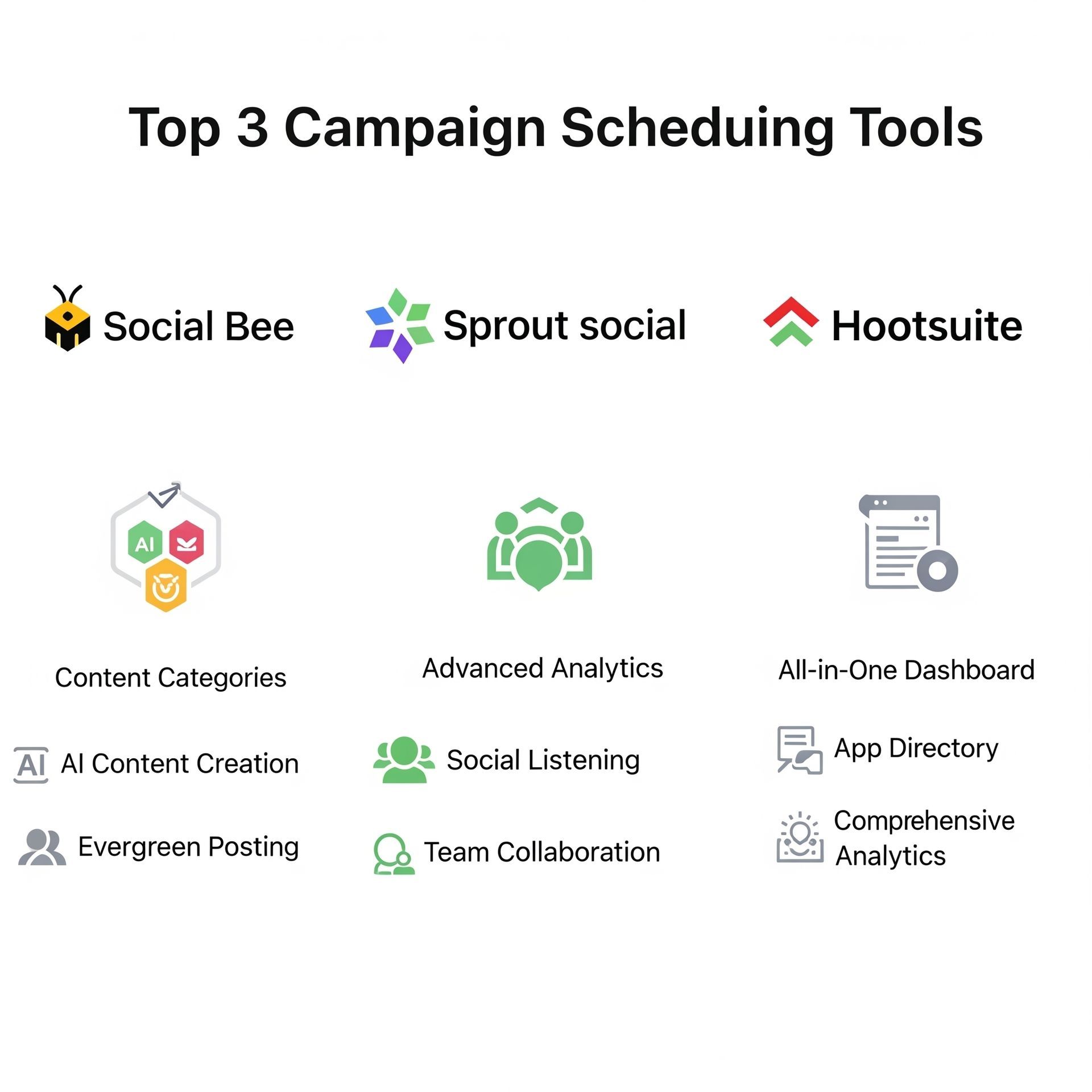Is Generative Engine Optimisation (GEO) the end of SEO?
This is a subtitle for your new post
Yesterday I was after a recipe and frankly couldn't be bothered trawling the internet, it had been a long day of fae-to-face networking and I had just got back from my much loved Spin class, so true to my Millennial roots I Googled it.
The AI generated response had what I needed so I clicked the linked article and found my chicken supreme dish.
My dinner plans show how search has changed.
The importance of offering Value
Short-form content is certainly favoured by Gen Z, A and B and has replaced a lot of 'googling' but here's the reason. Short videos provide instant value.
Google has twigged onto the shortened attention spans of its users with AI responses meaning, keywords and backlinks are no longer sufficient - you need to be found by AI to be found on Google.
What is GEO and how does it provide value
Generative Engine Optimisation (GEO) is a take on Answer Engine Optimisation (AEO) and explored how websites are built so that AI can find them. Rather than replacing SEO it is best viewed as an arm, or sub-category, of SEO.
Geo provides value by summarising search results, often providing a concise answer rather than an list of sites to visit.
Website owners can therefore expect conventional click-through rates to fall as more people get their answers from Answer Engines (AI) but here's the good news. Your conversions should increase.
This is because someone clicking a link provided by an AI response already has their answer, they just want more information.
This means effective call-to-actions are a must for every website. You want to make it as easy as possible for visitors to contact you, so you can get clients.
How to optimise your website for AI
GEO and SEO are different. Our friends at MailChimp summarise the differences:
With GEO, you optimize content for generative engines, which prioritize context and relevance over traditional keyword-focused approaches. This shift boosts your website's visibility and aligns with the evolving search technologies.
On 21 September 2009, Google announced that meta keywords would no longer factor into web search rankings. You can read more about this here in Googles Blog. SEO has therefore been changing for some time as context has been prioritised through things like backlinks which I discussed in this blog post . What has changed with GEO is the ability for Google to understand context and relevance.
Key strategies for improving context and relevance in GEO:
Expand Contextual Relevance:
Incorporate relevant keywords: Use long-tail, conversational, and semantic keywords to optimize your content. Expand related concepts: Deepen your content by adding related concepts and insights.
Optimize for Clarity:
Use clear and concise language: Avoid jargon and complex sentences.
Structure content logically:
Use headings, subheadings, and bullet points. Write in a natural, conversational tone: Align your writing with how users ask questions.
Establish Authority and Credibility:
Citations: Reference credible sources to validate your claims. Quotations: Incorporate authoritative quotes from industry experts.
Demonstrate Experience and Expertise:
Highlight your experience and expertise in your content.
Content Quality and Structure:
Good Quality: Provide detailed, factual, and comprehensive content.
Consistent Brand Voice:
Maintain a consistent brand voice to help AI recognize your authority. Simplifies Complex Concepts: Make your content easy to understand.
Skimmable Content:
Use headers, bullet points, and visuals to make content easily skimmable.
Leverage Structured Data:
Implement Schema Markup: Use schema markup to help search engines and AI models better understand the context of your content.
Content Distribution:
Distribute your content: Share your content across various platforms to increase visibility.
Focus on User Intent:
Understand user intent: Tailor your content to meet user needs and expectations.
Embrace Multimedia:
Incorporate videos, infographics, and images: Boost user engagement and provide AI with more data to work with.
To Conclude
GEO is a sub-strain of SEO so no, SEO is not dead. It is just changeing. If your website is optimised for answer engines you are more likley to be found by AI and to feature in a concise response to a users question to a search engine.
This provides an opportunity for you to get high-quality website traffic which converts to clients. This is only possible if your website is seen by AI as relevant. Build around your end-users intent, providing origional content which is clear, well referenced and distributed over your social media channels.
Providing quality is key to GEO optimisation.




